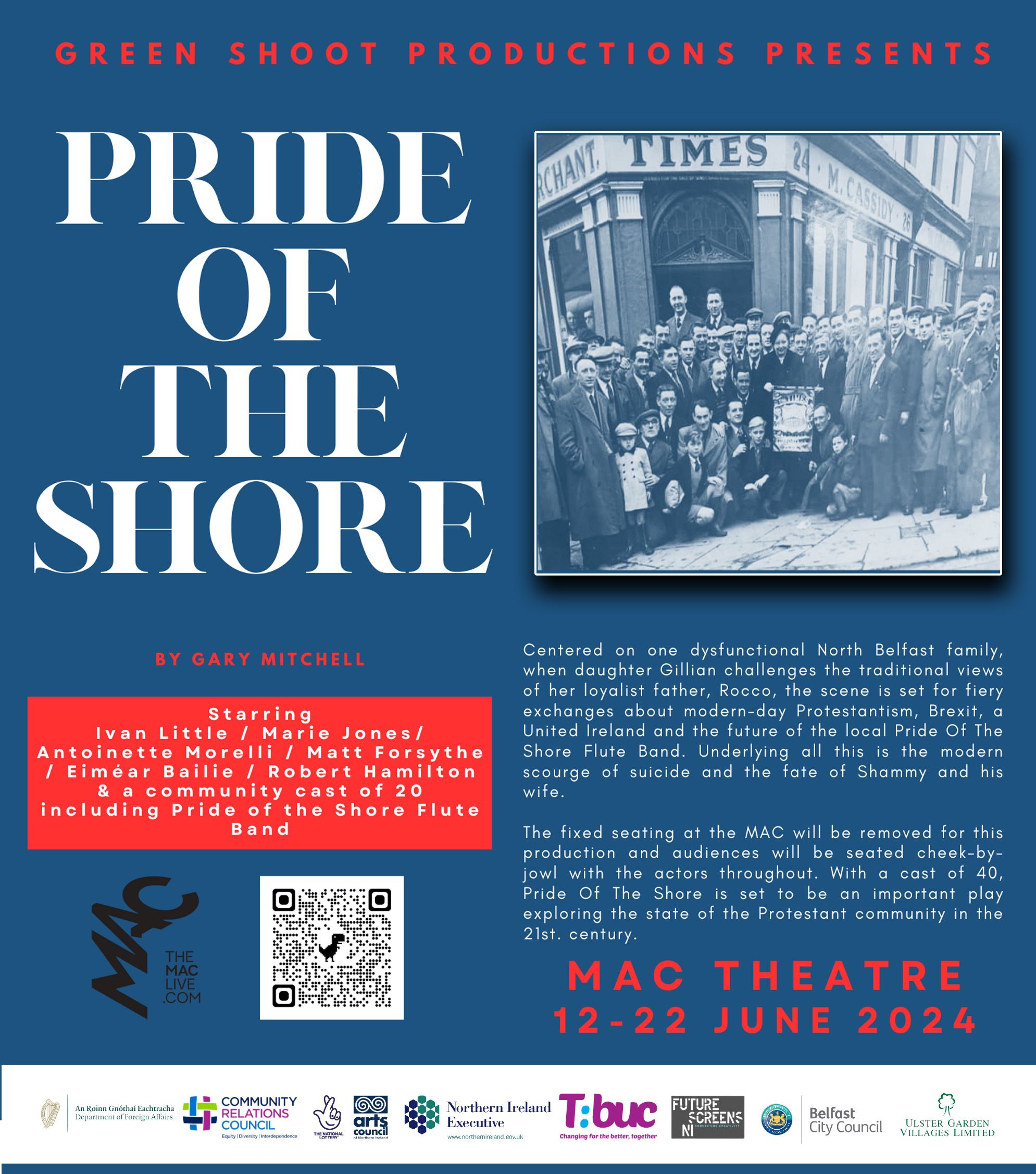IN a week of historic developments, the attendance of both Michelle O’Neill and Emma Little Pengelly at the graduation of six PSNI officers in Garnerville was certainly worth noting.
Given the PSNI’s track record over the past number of years – disengaging with nationalist concerns, adding to the trauma of the bereaved and injured of the conflict in courts and on the streets, and refusing to face down the RUC vanguard who seek to retain policing influence – attending this ceremony was a step of profound generosity.
Of course, being a First Minister for all will require Michelle O’Neill to take these discomforting and difficult steps. It remains to be seen whether others, including those in the PSNI to whom she has now reached out, will reciprocate, acknowledge, and also move to progressive and generous grounds. For example, will the PSNI end its heinous treatment of families in legacy courts, not least in the Sean Brown inquest? Jon Boutcher understands public spin and how important being a nice guy is – he now needs to demonstrate substance, and time is not on his side.
By stark contrast, deputy First Minister Emma Little Pengelly’s comments on the day were sadly predictably churlish. By taking the opportunity to refer to the RUC and the PSNI in the same breath and attacking “attempts to rewrite history”, she used the moment to play to her own political gallery. Sadly, this statement played into the current crisis in confidence that the PSNI faces, rather than engaging with those challenges in a thoughtful way.
48 hours later the family of human rights solicitor Pat Finucane stood with friends and colleagues on his 35th anniversary and reflect on 35 years of missing their father, husband and brother, and on a campaign of singular significance. Had the state had its way, Patrick Finucane would be an historical footnote to the conflict, killed in a “tit for tat” sectarian loyalist killing. That would be the history that would have been written. Because the family has never accepted that version of events, we know that history will write this scandal differently.
History will record that the British state, at policy level, systemically acted in concert with loyalist paramilitaries to run agents involved in scores of killings, including that of Pat Finucane, to provide information on targets, including Pat Finucane, to provide weapons, including those used to kill Pat Finucane, and to spin an historical narrative which covered it all up. The Finucane family’s tenacity and doggedness ensured that collusion was historically clarified and exposed as British state policy, not republican propaganda.
Rewriting history is a dynamic process which is constant. We saw that during the Decade of Centenaries. It shifts state and official narratives, exposes deceits and uncovers those whom official narratives ignore. In our time we do not have to burden the next generation with silences, lies or trauma. We can ensure that all of our truths are known and understood.
The RUC has a story to tell. And so do its victims. And that must be separate to the PSNI, for all of our sakes. With respect and generosity, those experiences can co-exist for better or worse, comfort and discomfort. But the truth must be set free. To deny our experiences and that memory would be to re-inflict devastating harms again and again. Rather than never again.








